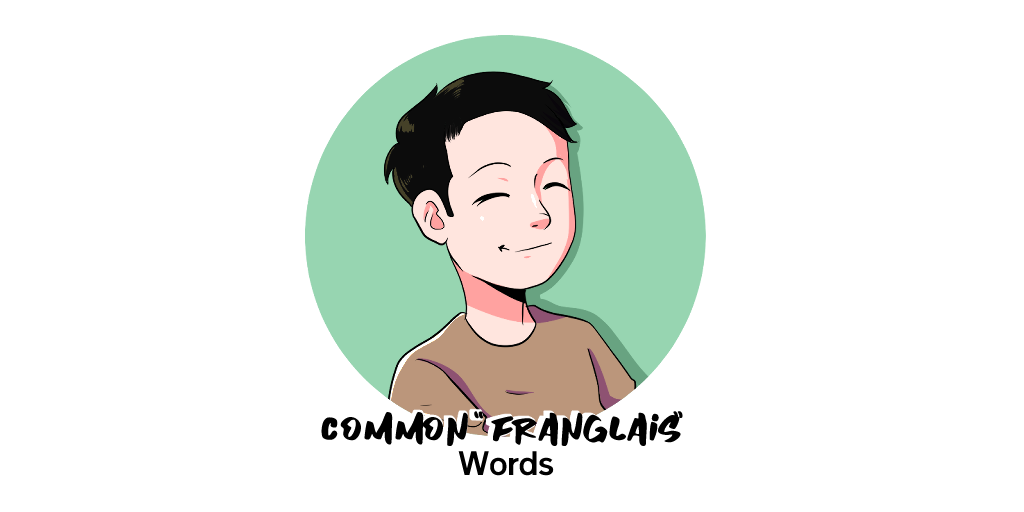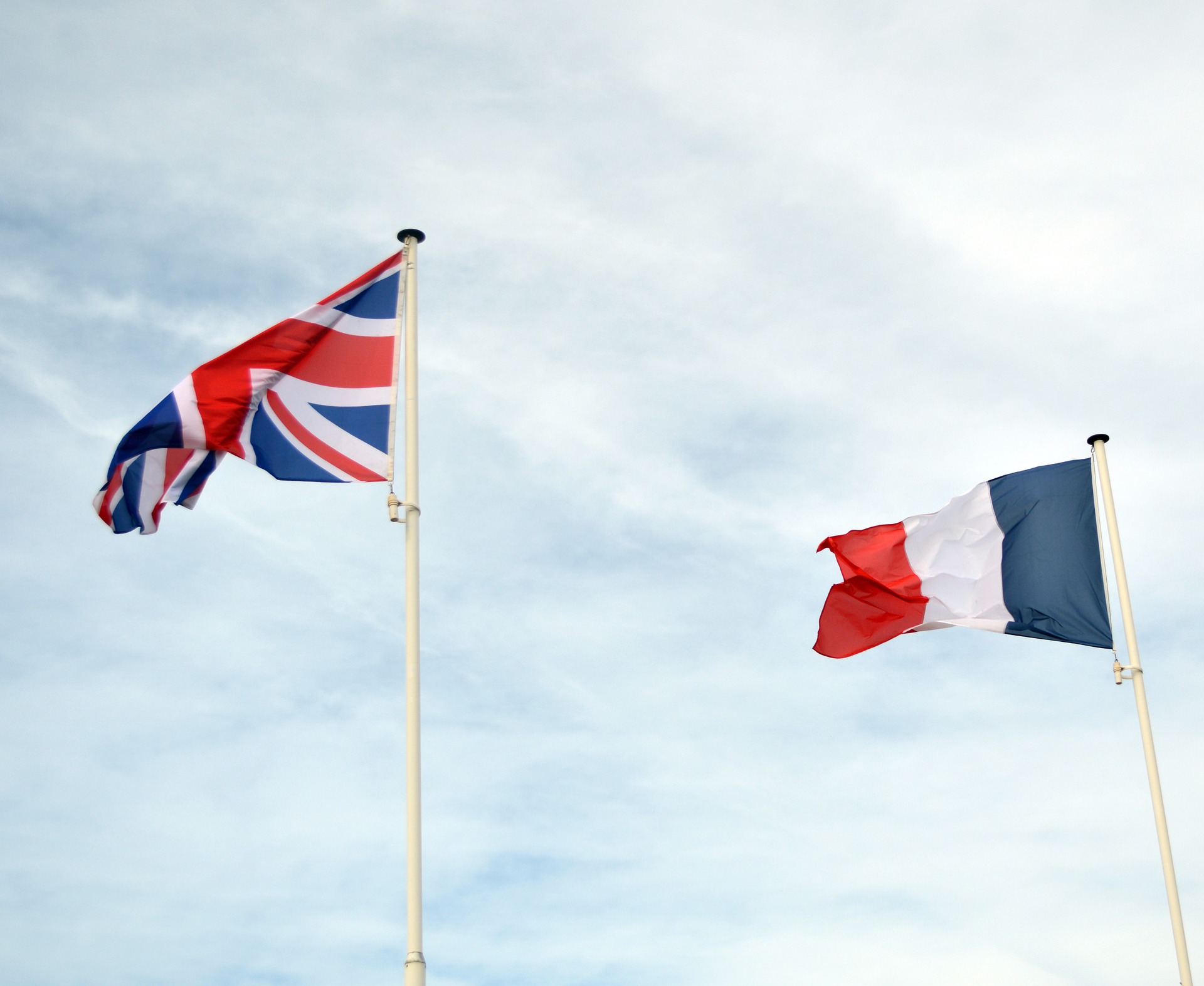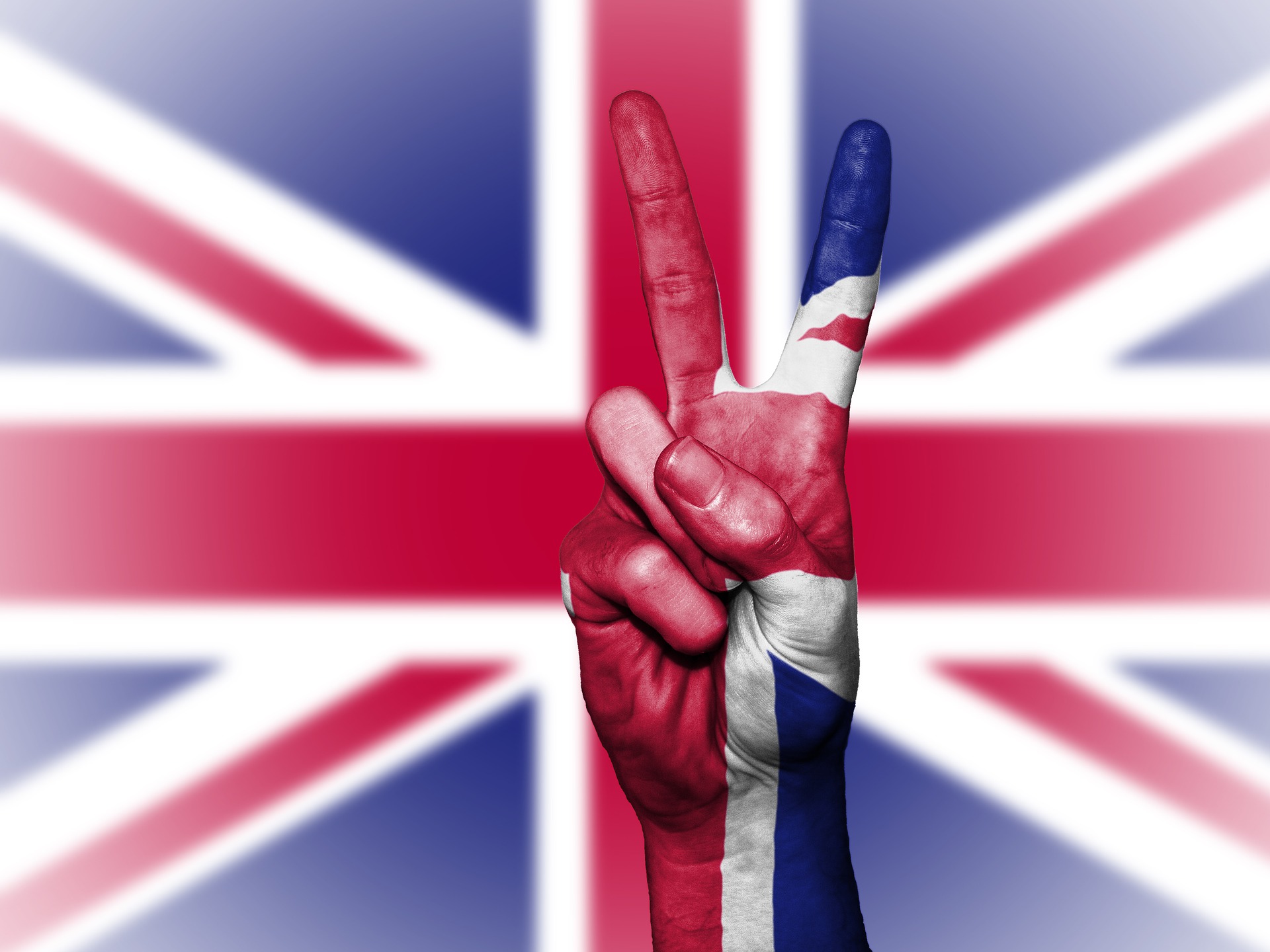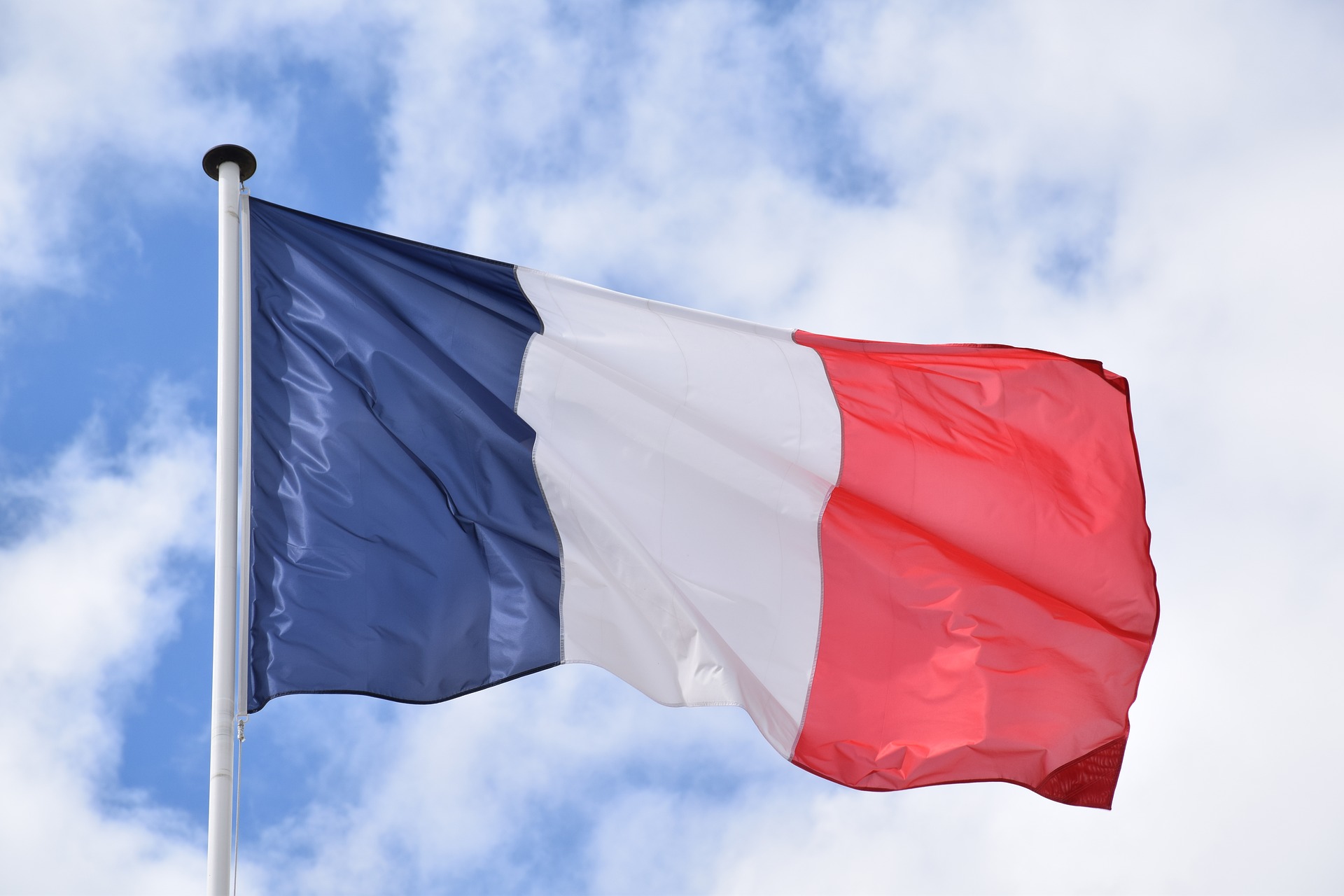The French & English languages have a long and chequered history that can be traced back to around 1,000 years ago. So, it should come as no surprise that their constant interactions and shared history have resulted in what is now known as franglais.


Via Pixabay
What is “Franglais”?
The term franglais comes from the amalgamation of the words français (French) and anglais (English).
The word franglais can be used to talk about English loan words that have been brought into and used in French and French words brought into and used in English. Essentially, it is the blending of a high proportion of English words into French and vice versa.
The history of borrowed words between English and French
French and English share a long history. Their close contact began in earnest with the Norman Conquest, when the Normans (from modern-day Normandy) invaded England and took power in 1066. At that time, French became the official language, this was despite the fact that the people spoke an early form of English.
The tussle between French and English continued throughout the centuries, with one of the most recent battles fought for which language would become the lingua franca of Europe after World War 2.
This long term and constant exposure to each other, as well as the continued rivalry, has led to the creation of what is now known as franglais.
The resistance to Anglicisms
It’s common knowledge that languages change and adapt over time and that the borrowing of words is a normal part of the evolution of a language.
English is a great case in point for this. It is essentially an amalgamation of words from a variety of different languages. New words are constantly and freely entering the lexicon, which hasn’t been the case for the French language.
The French language has been closely watched over by the Académie française since 1935. The Académie’s original purpose was to establish the literary language and maintain the literature standards at the time. It has an exclusive membership, with only 40 members, known as les immortels. Today it’s entrusted with providing the precise language rules of the French language and ensuring it retains its purity.
However, with the arrival of global mass media in the 20th century, maintaining the purity of French has proven to be an uphill battle. But that hasn’t stopped the French from trying. In 1994 French Culture Minister Jacques Toubon introduced a law requiring parallel French translations of all foreign words in both official and commercial communications. The 1990s also saw the domination of the World Wide Web, further cementing the globalisation and spread of the English language.
It should be noted that in Quebec, Canada, the French language has staunchly been defended. So much so, in cases where franglais is used in standard French in France, the Québécois people opt to use the French translation instead. An example of this is le fin de la semaine, as opposed to le weekend. This may largely be because French in Québéc is at greater risk due to its even closer proximity to the English language.

Via Pixabay
English to French Franglais
English to French Franglais words are also known as anglicisms. Many of these words have the same meaning in both languages, while some can mean something different or not exist in English at all, having been altered over time.
The following phrases have the same meaning in both languages:
| Blazer (nm) |
| Blog (nm) |
| Brainstorming (nm) |
| Brunch (nm) |
| Burger (nm) |
| Chatter (vb To chat) |
| Checker (vb To check) |
| Club (nm) |
| Cool (adj) |
| Cookie (nm) |
| Email (nm) |
| Fast food (nm) |
| Follower (vb To follow someone on social media) |
| Fun (nm) |
| Globale (nf) |
| Googelizer (vb To google) |
| Hipster (nm, nf) |
| Interview (nf) |
| Job (nm) |
| Jogging (nm) |
| Leader (nm) |
| Liker (vb To like a post on social media) |
| Playlist (nf) |
| Sandwich (nm) |
| Skyper (vb To skype) |
| Spoiler (vb To spoil a plot) |
| Shopping (nm) |
| Smartphone (nm) |
| Tweeter (vb To tweet) |
| Retweeter (vb To retweet) |
| T-shirt (nm) |
| Weekend (nm) |
The following anglicisms do not have the exact same meaning in French. Make sure to learn these, so as not to be fooled.
| After-work | partying after work hours |
| Un Basket | a sneaker or a basketball |
| Un break | a break in a relationship |
| Brushing | a blow dry |
| Un camping | a campsite |
| Footing | jogging |
| Un hard-discounter | a discount store |
| Lifting | a face lift |
| Un planning | a schedule |
| Un Parking | a car park/parking lot |
| Un/une people | a celebrity |
| Une pompon girl | a cheerleader |
| Post-vérité | post truth (commonly used in modern politics) |
| Le pressing | a dry-cleaners |
| Un pull | sweater |
| Relooking | a makeover |
| Un shake-hand | a handshake |
| Shampooing | shampoo |
| Scotcher | to tape |
| Un smoking | a tuxedo |
| Un talkie-walkie | a walkie talkie (yes, it’s back to front) |
| Le trainingx | a walkie talkie (yes, it’s back to front) |

Via Pixabay
French to English Franglais
English has also borrowed a large number of words from French - around 7,000 in fact. Here is a list of 50 of the most common French words found in English. How many do you know?
| Avant-garde |
| Ballet |
| Beret (un béret) |
| Blonde |
| Bon voyage! |
| Bureau |
| Brunette |
| Café |
| Champagne |
| Chauffeur |
| Chef |
| Chic |
| Clique |
| Cul-de-sac |
| Déjà vous |
| Delegate |
| Detour (détour) |
| Elite |
| Encore |
| Entrée |
| Faux pas |
| Fiancé |
| Gateau |
| Gallery (galerie) |
| Heritage (héritage) |
| Homage |
| Hotel |
| Laissez-faire |
| Ménage à trois |
| Menu |
| Navy (navie) |
| Novel |
| Oh là là |
| Occasion |
| Poetic (poétique) |
| Restaurant |
| Ridicule |
| Risqué |
| RSVP (répondez s’il vous plaît) |
| Salad |
| Sautée |
| Sentiment |
| Silhouette |
| Soufflé |
| Soup (soupe) |
| Tournament (un tournoiement) |
| Uniform (uniforme) |
| Utensil |
| Variety (variété) |
| Zest (zeste) |

We hope you enjoyed this look into the fascinating world of Franglais. Make sure to learn this vocabulary to help you get by in French and save yourself from any confusion in the future.
What franglais have you come across? Are there any other franglais words you can think of? Let us know in the comments below!
